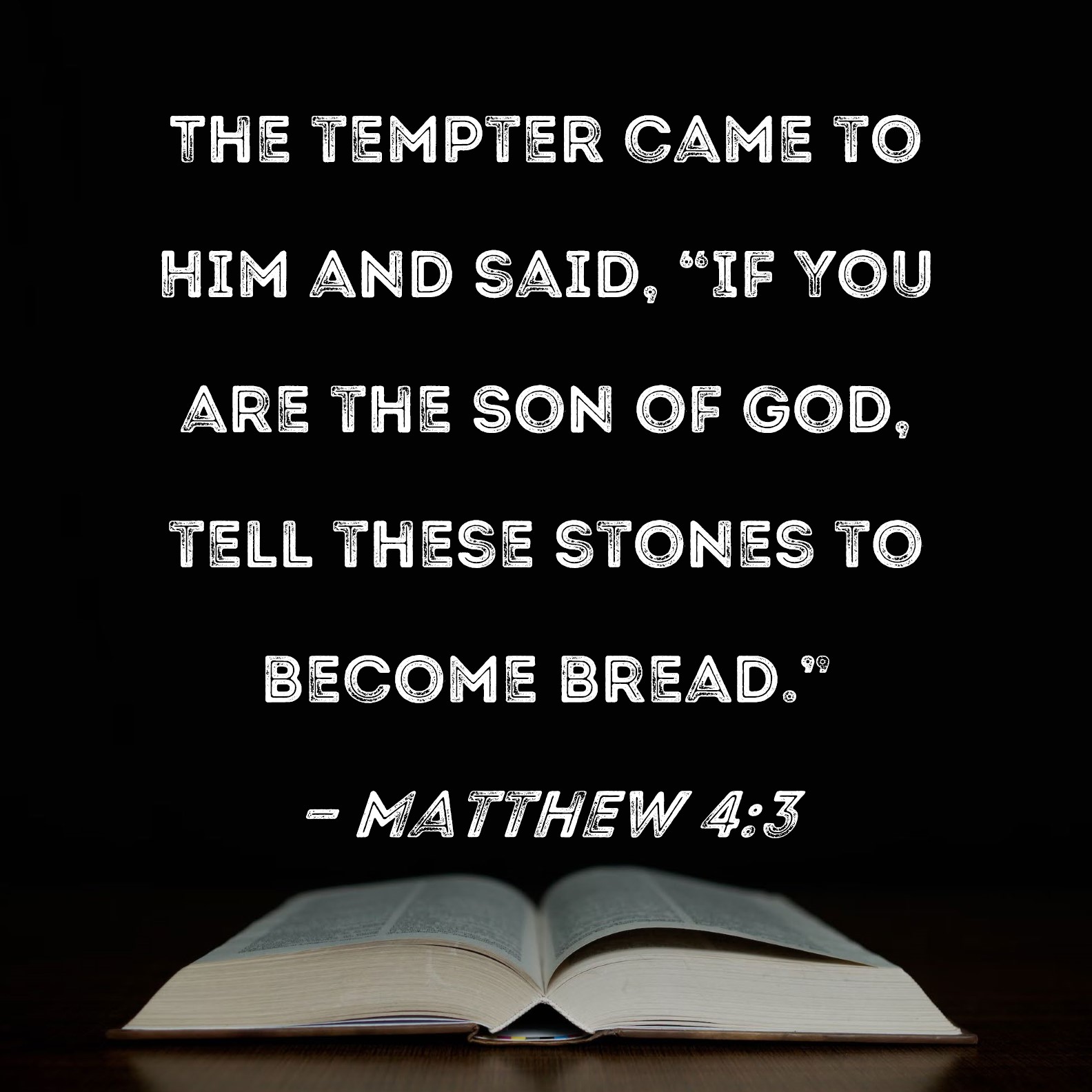mts
Well-known member
In the NWT of the bible, a section of these verses read: 'If you are a son of God'
However, in other versions of the bible, it reads: 'If thou be the Son of God' (KJV, NIV, etc.)
I am no English grammar expert, but when I read this, it left me thinking, "a son of God" implies a different meaning than "the son of God". Using "a" versus "the", to me, would imply that Jesus, and the angels (including Satan), are equals or holding a same/similar position before God. That is, not holding any special or unique position or privilege before God. Jesus is the Son of God and holds this unique position, but using "a" appears to demean this status.
My question then is, what should be the accurate translation of these verses, to use, "a" or "the", of which, to me, although a minor subtlety, do lead to different understandings with regards to Jesus unique status before God? Using "a" instead of "the" makes these verses suggest Satan is mocking Jesus too.
Final note, since I don't read the bible much in English (but yet in other languages), this was a subtlety I never really caught until a short time ago.
However, in other versions of the bible, it reads: 'If thou be the Son of God' (KJV, NIV, etc.)
I am no English grammar expert, but when I read this, it left me thinking, "a son of God" implies a different meaning than "the son of God". Using "a" versus "the", to me, would imply that Jesus, and the angels (including Satan), are equals or holding a same/similar position before God. That is, not holding any special or unique position or privilege before God. Jesus is the Son of God and holds this unique position, but using "a" appears to demean this status.
My question then is, what should be the accurate translation of these verses, to use, "a" or "the", of which, to me, although a minor subtlety, do lead to different understandings with regards to Jesus unique status before God? Using "a" instead of "the" makes these verses suggest Satan is mocking Jesus too.
Final note, since I don't read the bible much in English (but yet in other languages), this was a subtlety I never really caught until a short time ago.

